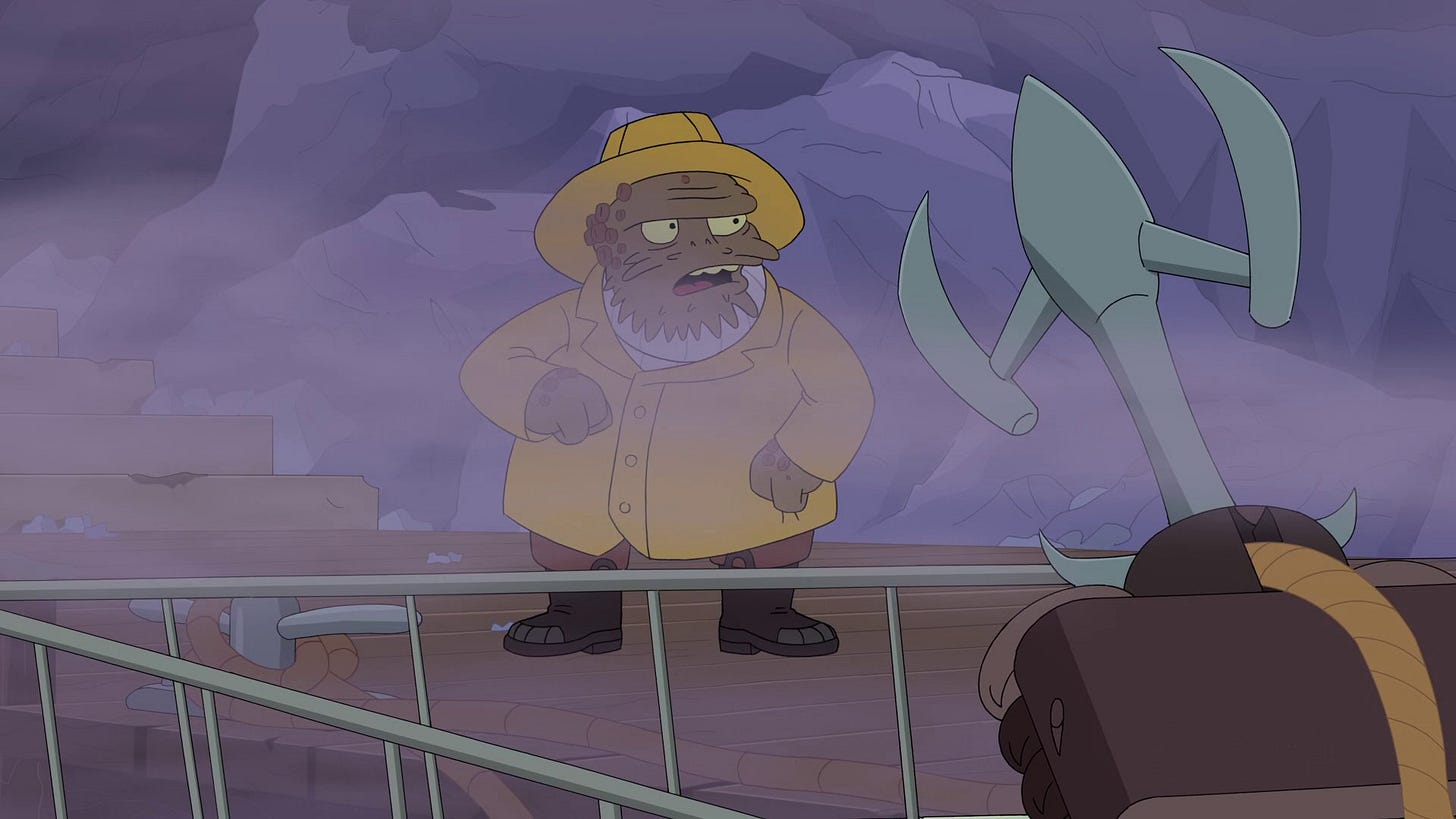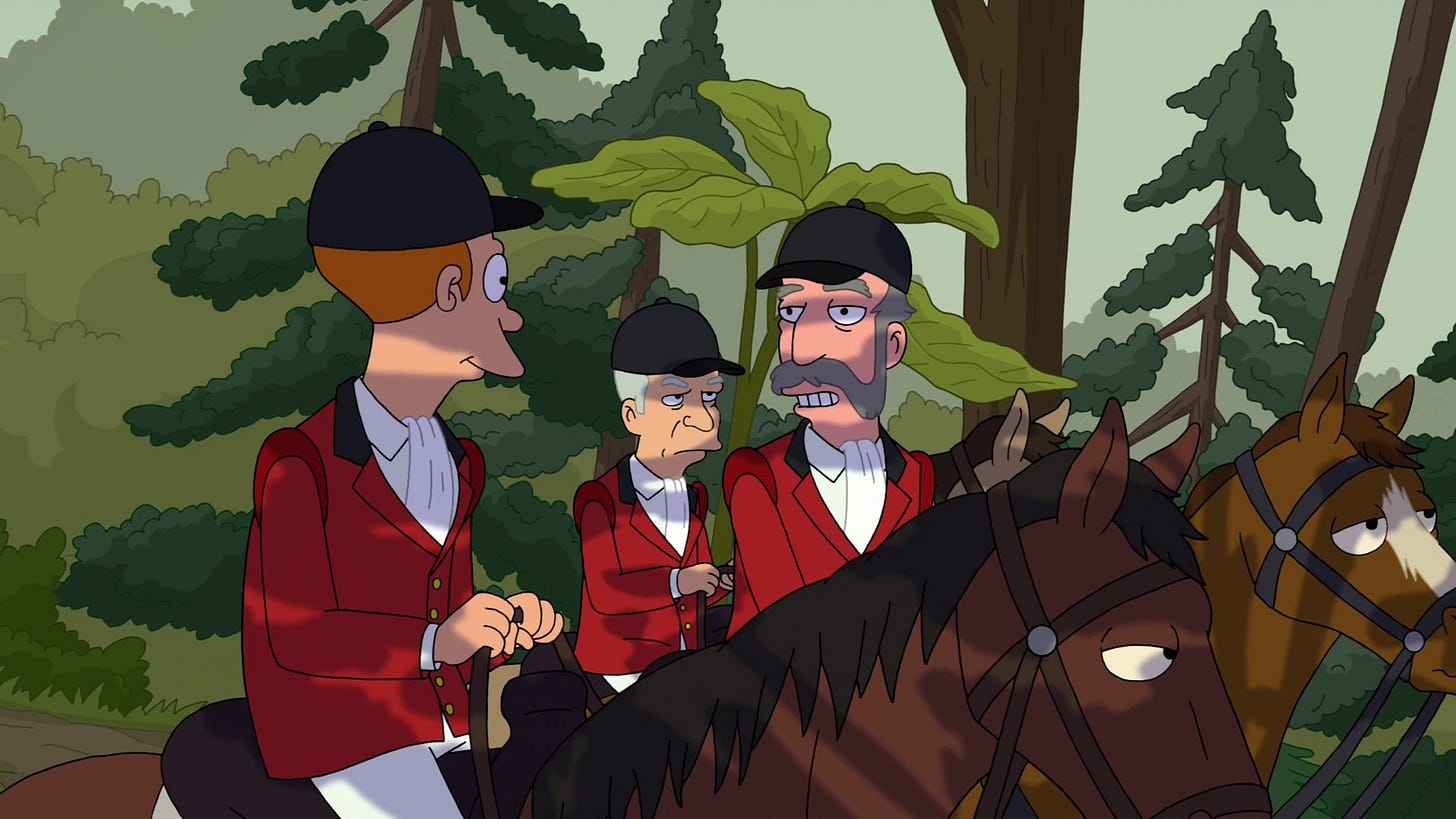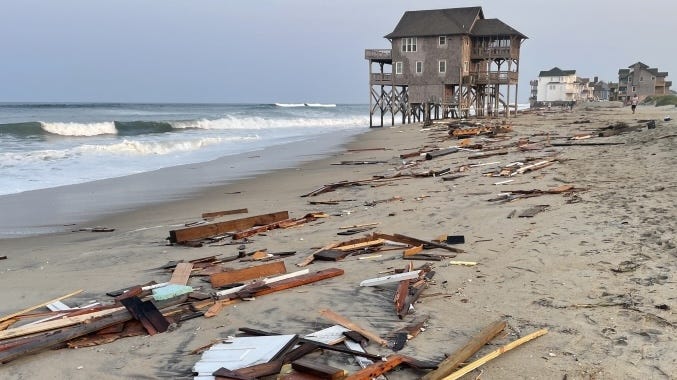As Go the Beach Readers, So Goes the Country
When summer beach reads normalize formerly hot-button topics, it's a sign of some social shift among an uncool but influential group.
Every once in a while, there emerges a phrase that compresses a semester's worth of sociological and cultural studies into a few words. The one I think about often -- "the minivan majority," a term coined by Laineygossip's Lainey Liu.
Culture writer Anne Helen Petersen explained has invoked the phrase a few times and interpreted it as "the largely suburban/exurban, white, middle-class moms (or future moms)." Liu herself draws a clear line between the minivan majority and motherhood:
Lui refuses to see celebrity gossip as merely a voyeuristic guilty pleasure. Rather, it offers a lens into attitudes toward sexuality, race, body image and gender, she says. The Kristen Stewart cheating scandal, for one, reveals a double standard about female infidelity. The focus on celebrity motherhood, she says, is a return to the 1950s. “Pregnancy is a career move in Hollywood,” she says, blaming the “minivan majority,” a female demographic that reads Fifty Shades of Grey and sides with Jennifer Aniston over Angelina Jolie—and wields huge consumer influence.
The minivan majority phrase is so handy because it instantly conjures a hyperspecific image of a cis-presenting straight mom whose consumer tastes are reactive, status-focused, self-soothing and socially conservative at heart.
Every once in a while a consumer good or social media behavior floats across my radar and I think, minivan majority. My highly subjective list includes, but is not limited to:
Beverage-focused media posts with the water bottle du jour
Yankee Candle Company products
Hoka sneakers (when not worn by either medical professionals or serious runners)
Shonda Rimes shows
Elin Hilderbrand books
To the last point: I used up a summer afternoon reading some Elin Hilderbrand, mostly because I am super-fascinated by what a machine she is and how her fans just do not care that she writes the same book over and over. There's a formula for her books: people who own very nice things and eat delicious things also do some light adultery and/or have a cathartic conversation while sitting on a beach, all in the rarefied loveliness of Nantucket.
Every Hilderbrand book spends far more time delving into Nantucket's ambient affluence than it does the inner workings of any of its characters. I cannot recall any of the major plot points of the book she wrote about the staff at a luxury hotel but I can tell you all about the $1600 Nantucket Looms hydrangea-blue cashmere throws that were supplied in every room.
This is why her most recent/alleged last Nantucket book contained three throughlines that really stood out. First, there was repeated mention of how climate change is eating up the beaches. Second, there was repeated mention of how Nantucket is riven with pervasive economic inequality, to the point where the residents who make it possible for Nantucket to run year-round cannot afford food or fuel on the island where they live.
Third, all the rampant acquisition of nice things was tied to the book's two antagonists. Instead of a book where a tertiary protagonist urges a secondary protagonist to forego asking for Amnesty International donations as a wedding present because a $400 wooden salad bowl from Simon Pearce is ever so much more useful (a thing I am still gobsmacked I read!), we got two people whose spending is used as shorthand for their moral turpitude.
Climate change? Service workers and formerly middle-class professionals unable to feed their kids while the rich get richer? The rich being gross and out of touch? In my minivan majority escapist beach read? This is a big deal.
SO WHAT?
You all got treated to my exegesis on the minivan majority and its Nantucket amanuensis because Rodanthe, NC, is also the site of some gooey escapist beach book and this past weekend, it made the news: "Another Outer Banks Home Collapses Into Ocean, a Stark Reminder of Climate Change."
In Rodanthe, seven beachfront houses have succumbed to climate-driven conditions over the past four years, the most recent thanks to a high tide generated by a hurricane literally hundreds of miles away. As Splinter put it, "On Planet Warming, The Storms Don’t Even Need to Hit You to Take Your House Down."
The mess in Rodanthe is the result of a lot of things -- lax zoning laws and building codes, few requirements to disclose how the beach is eroding into the sea at an annual average of 14 feet per year, a state legislature that attempted to ban basing any sort of coastal development policies on the latest scientific predictions of how much the sea level will rise, climate change -- but of all those things, the one that matters most is the one that we are doing the least to address in any significant capacity.
So it's pretty notable that the minivan majority got a hefty dose of "climate change -- it's bad for both beaches and rich people!" in their latest Hilderbrand must-read.
Same goes for the double dose of class awareness -- previous books centered divorce attorneys and luxury real estate agents as the protagonists, and one even went so far as to center around the question, "What if Ruth Madoff was the real victim in that whole mess?" This time, the rich are thoroughly hypocritical and casually thoughtless at best, or otherwise actively fraudulent and selfish.
It's a huge shift from beachy reads that read like PR for the affluent -- "See? We're simple people who love blueberry pie and having sex with our landscaper! You also have sex with a landscaper! Only you’re married to him! See, not so different!"
When the queen of the reading minivan majority is writing about climate change and class exploitation in her beach reads, it should be taken as an indication of a bigger shift in the culture.
WHO CARES?
It's fun to mock the minivan majority, but they do move the needle on elections. They also decide community priorities and volunteer at higher rates for community groups than men do.
And while Hilderbabes living in landlocked areas are possibly indifferent to how many feet of beach get reclaimed by the sea each year, the real point here is that nobody reading this book melted down over Hilderbrand going woke. The minivan majority readers have internalized the reality that climate change is here. It's a plot point, it's reality-based, it's no longer up for debate as something "political." That mental shift is necessary. It frees up energy for people to actually do something to mitigate or ameliorate the effects of our unfolding climate crisis.

The other notable shift in the final beach read is one articulated by also-really-into-rich-people writer F. Scott Fitzgerald, via pallid bystander narrator Nick Carraway:
“They were careless people, Tom and Daisy- they smashed up things and creatures and then retreated back into their money or their vast carelessness or whatever it was that kept them together, and let other people clean up the mess they had made.”
Hilderbrand is no longer letting the minivan majority float through her created universe in a Susanne Kaufman-scented bubble. She's not exactly asking people to eat the rich with an heirloom tomato and a perfectly golden disc of panko-encrusted goat cheese -- but she's saying they're no longer anything to aspire to.
The minivan majority may be driving in a new direction.






I certainly hope so!